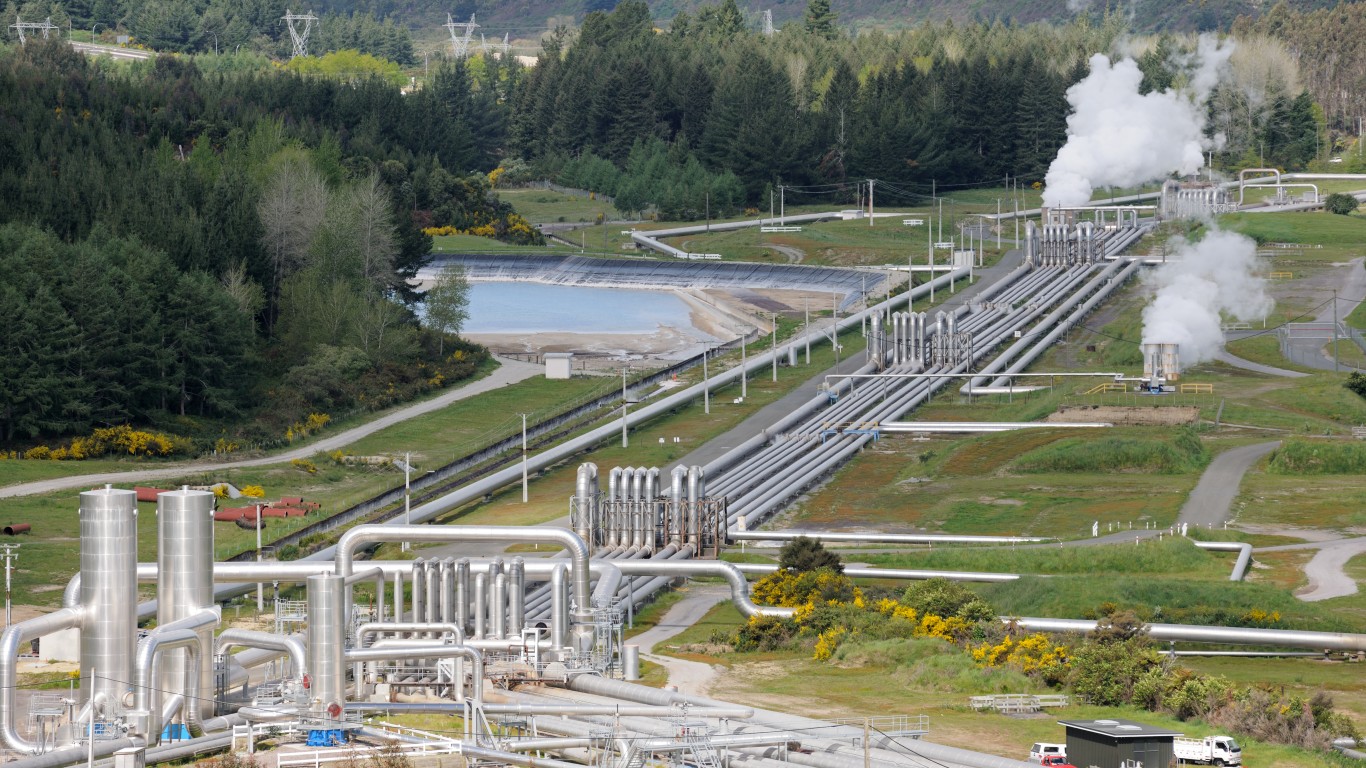
Clean energy is a growth industry, and increasingly so, but the COVID-19 pandemic year of 2020 saw the clean energy workforce shrink by 3.73% from the previous year, according to preliminary data from the 2021 U.S. Energy Employment Report, as analyzed by E2, a nonpartisan group that advocates for environmental and economic policies. The gain of 188,775 clean energy jobs between 2017 and 2019 was wiped out — and then some — as 306,816 were lost in 2020.
The largest sector by employment, energy efficiency — the sector employs about two-thirds of the clean energy workforce — suffered significant job losses in 2020, losing nearly 272,000 jobs, despite a recovery in the second half of the year. This was mainly attributed to restricted access to buildings for purposes of installations during the pandemic.
The renewable energy and clean fuel sectors also saw significant job growth in the second half of 2020, though job growth was still negative by the end of the year when compared to 2017.
Not all sectors suffered equally, and some actually did very well, continuing or expanding growth even through the pandemic — these sectors are providing the fastest growing energy jobs. Though clean vehicle jobs fell by 18.6% in the first months of 2020, they grew 26.2% in the second half, recording a 17.7% growth from 2017 through 2020. The grid and storage sector also managed to erase pandemic declines and post job growth from 2017.
Job changes by subsector were even more nuanced, though they generally reflected the sector overall. To find the fastest growing clean energy jobs, 24/7 Wall St. reviewed E2’s Clean Jobs America 2021 report. The 21 subsectors are ranked by job growth in the three years from 2017 through 2020. (And these are the states adding the most clean energy jobs.)
Despite the time, momentum, and employment opportunities lost due to COVID-19, the future of clean energy and clean energy jobs is extremely bright, and, for most sectors, the growth in recent years other than 2020 is an indicator of what is to come. (Find if any of the clean energy jobs are among the highest paying jobs you can get without a college degree.)
The level of growth will necessarily depend on the policies the federal government is able to enact in the coming years. Strong clean energy policies that include funding and other incentives will serve to create jobs in every state, offer savings to consumers based on energy efficiency, improve and protect the electric grid, reduce pollution, and play a needed role in the reduction of greenhouse gases that are driving climate change.
Click here to see fastest-growing (and shrinking) clean energy jobs
Click here to see our detailed methodology





